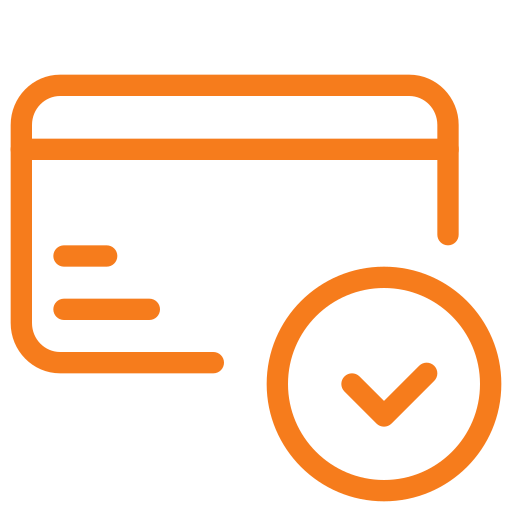RESIDENTIAL MORTGAGES

No upfront fees

Can be arranged without interview

Flexible payment terms

Independent whole of market access

Long term fixed rates (Up to 30 years)

Same day agreement in principles
Fixed Rate Purchase Mortgage
Taking out a mortgage is one of the biggest commitments you will make in your life and is therefore imperative that you receive the right advice on the mortgage you are taking.
Whether you are a first time buyer or buying your next home, it is important to make sure you ask the right questions from the outset, and that you get a good idea of what you are able to borrow based on your circumstance before you agree to purchase a house.
What to consider?
- How much can you borrow based on your income and outgoings?
- How much deposit do you have? – The more deposit you can put in will generally reduce the interest rate that you will be charged by your lender
- What type of survey do you want to get on your new home?
- Have you appointed a solicitor?
- How long do you intend to stay in your new home
- What insurances do you have to take, and what insurance should you take
These are just some of the many questions that you may and should have, and the team at HARRINGTON FINANCIAL SERVICES are well suited to talk you through your all of your options and help you on your way to buying your next home.
Fixed Rate RE-Mortgage
There are many reasons why you may be looking to re-mortgage your home, perhaps your current promotional rate has come to an end and you are looking for a new deal, or if you are looking to raise further capital out of the equity you have built up in your home, our specialists will be able to discuss your options including whether a re-mortgage is the most suitable option for you.
With years of cumulative experience and master broker status, HARRINGTON FINANCIAL SERVICES are one of the market leading firms able to arrange fixed rate residential property mortgages with LTV’s of up to 85%. Currently popular by demand are 3, 5 and 10 year fixed rate mortgages
If you would like to discuss your residential mortgage options, call us on 0203 856 8600 or (EMAIL) or fill out the form below
An Introduction To Residential Mortgages
A residential mortgage is a large loan designed to help one or more individuals buy a property to live in. The property must be used as a residence by those taking out the mortgage, so you won’t be able to buy the property to rent out to tenants or use for commercial purposes.
Residential mortgages can be taken out by first-time buyers, those moving home or those looking to remortgage. The lender will lend you a chunk of money which you will use alongside a cash deposit to help buy your home. You’ll then pay back your mortgage loan in monthly instalments over an agreed term with added interest.
Residential mortgages are secured against your property which means that if you are consistently unable to keep up with your mortgage repayments, your lender has the legal right to repossess your home. Ultimately, this means you could be forced to sell your home so that the lender can recoup their money, but this is usually a last resort.
The length or ‘term’ of a residential mortgage is typically 25 years, but mortgage terms are gradually getting longer, with more people opting to take out a mortgage over a period of 30 years or more.
Choosing a longer-term mortgage can help to make monthly repayments more affordable, but it also means you will pay more in interest, so the total cost of your mortgage will be higher.
If you are remortgaging, it can be tempting to increase the mortgage term again, but if you can afford to keep it shorter, you’ll save money in the long run.
For example, if you took out a residential mortgage with a term of 30 years and you remortgage 5 years later, providing you can afford the monthly repayments, it can be better to remortgage with a term of 25 years rather than pushing it back up to 30. This will help you to pay off your mortgage more quickly and it will be cheaper overall.
Also, note that many lenders have an upper age limit of 75 at the end of the mortgage agreement. This means that if you’re 60, for example, you would have to agree to repay your mortgage over a 15-year term.
To qualify for the best residential mortgage rates, you will need a deposit of 30% to 40% of the property’s value. This means on a £200,000 home, you would need a deposit of £60,000 or more to get the best rates.
However, some lenders will also offer residential mortgages if you only have a deposit of 5% to 10% – or £10,000 to £20,000 on a £200,000 property.
Lenders offer their best rates to those with larger residential mortgage deposits because they are perceived to be lower risk.
This is simply because you will be borrowing less and there will be enough equity in the property to cover the amount you wish to borrow.
The loan to value (LTV) of a mortgage refers to the size of the mortgage compared with the value of the property.
So, using the examples above, if you were buying a £200,000 home with a £60,000 (30%) deposit, you’d borrow £140,000, giving you an LTV of 70%.
Or, if you had a deposit of £20,000 (10%), you’d borrow £180,000, giving you an LTV of 90%.
Low LTV ratios are considered to be below 80%, while high LTV ratios are 85% to 90% or more.
When choosing a residential mortgage, you’ll need to decide what type of mortgage you want. Generally, you can choose between the following:
Fixed rate mortgage
A fixed rate mortgage lets you pay a fixed rate of interest for a set time – often this is 2, 3 or 5 years, but some fixed rate mortgages last as long as 10 years.
The advantage of a fixed rate mortgage is that your repayments remain the same each month, making it easier to budget, and there’s no need to worry about interest rates rising during the length of the deal.
The main drawbacks are that interest rates are not always as competitive and, should you want to get out of your deal early, you may have to pay a hefty early repayment charge.
Tracker mortgage
A tracker mortgage is a type of variable rate mortgage that tracks another rate – usually the Bank of England base rate.
This means that your mortgage interest rate can rise and fall in line with movements in the base rate, and your monthly repayments can therefore fluctuate.
Tracker mortgages are generally cheaper than fixed rate mortgages – particularly when the base rate is low, as it is now.
However, they are less suitable for those on a tight budget. If you are thinking about applying for a tracker mortgage, it’s important to check whether you could afford for your monthly repayments to increase if the base rate went up.
Variable rate mortgage
Some variable rate mortgages move up or down at the lender’s discretion. The most common form of this is a lender’s standard variable rate (SVR) which is the rate you will usually be moved on to once your existing mortgage deal has come to an end (say after 2 or 5 years).
Often, however, the SVR is more expensive, so it’s usually better to move off it and remortgage as soon as you can.
Another form of a variable rate mortgage is a discount rate mortgage which offers a discount on the SVR for a certain length of time. For example, you might be offered a discount of 2% on the SVR for 2 years.
To give yourself the best chance of getting accepted for a residential mortgage, there are several steps you can take before you apply:
- Save up a large deposit: the bigger the deposit, the better your chances of being offered a lower interest rate and the less you will pay each month
- Work out how much you can borrow by using a mortgage affordability calculator.
- Get your finances in order: mortgage lenders will scrutinise your finances and check your bank statements before deciding whether to lend to you. Make sure you are not spending unnecessarily and make cutbacks where you can
- Check your credit score: you can do this for free with the three main credit reference agencies (Experian, Equifax and TransUnion). The better your credit score, the more likely you are to be accepted for a mortgage
- Take steps to improve your credit score: such as registering to vote, paying bills on time and correcting any errors on your credit report
- Compare residential mortgages online: shop around using best-buy tables to find the best mortgage rates
- Speak to us and we will be able to assess your situation and help you find the right mortgage deal to suit you
When applying for a residential mortgage and buying a home, there will be a range of different costs you will have to pay. These include the following:
- Product fees: also known as ‘application fees’, ‘arrangement fees’ or ‘booking fees’. You will need to pay a product fee to the lender to secure a particular mortgage deal. You may be able to add this fee to your mortgage, but this will increase the amount you owe
- Valuation fees: paid to your lender to carry out a valuation of your property to ensure it is worth the amount you wish to borrow
- Survey fees: you will also need to have a survey carried out to check the general and structural condition of the property. There are generally three different levels to choose from – read more in What is a home survey?
- Legal fees: paid to a solicitor or conveyance to carry out the necessary legal work involved in buying a home
- Telegraphic transfer fees: to pay for your lender to transfer the money to your solicitor in the form of a CHAPS payment
- Higher lending charge (HLC): some lenders charge this fee if they consider you a higher risk because you have a small deposit
- Broker fees: you will pay a fee for our brokerage service.
- Early repayment charge: should you need to get out of your mortgage early, many deals charge early repayment fees
- Exit fees: some lenders charge a fee when you full repay your mortgage, even if you are not paying it off early
When buying a home, you may also need to pay stamp duty. How much you pay will depend on the value of your property and whether you are a first-time buyer – use a stamp duty calculator to find out more.
We shall help advise you on the best deal for your own personal circumstances.
Crucially, you should always factor in the full cost of the mortgage – often the most competitive mortgage rates come with the highest fees and you may find it’s cheaper to take out a mortgage with a higher interest rate but lower fee.
Speak to us now 020 7870 2485


